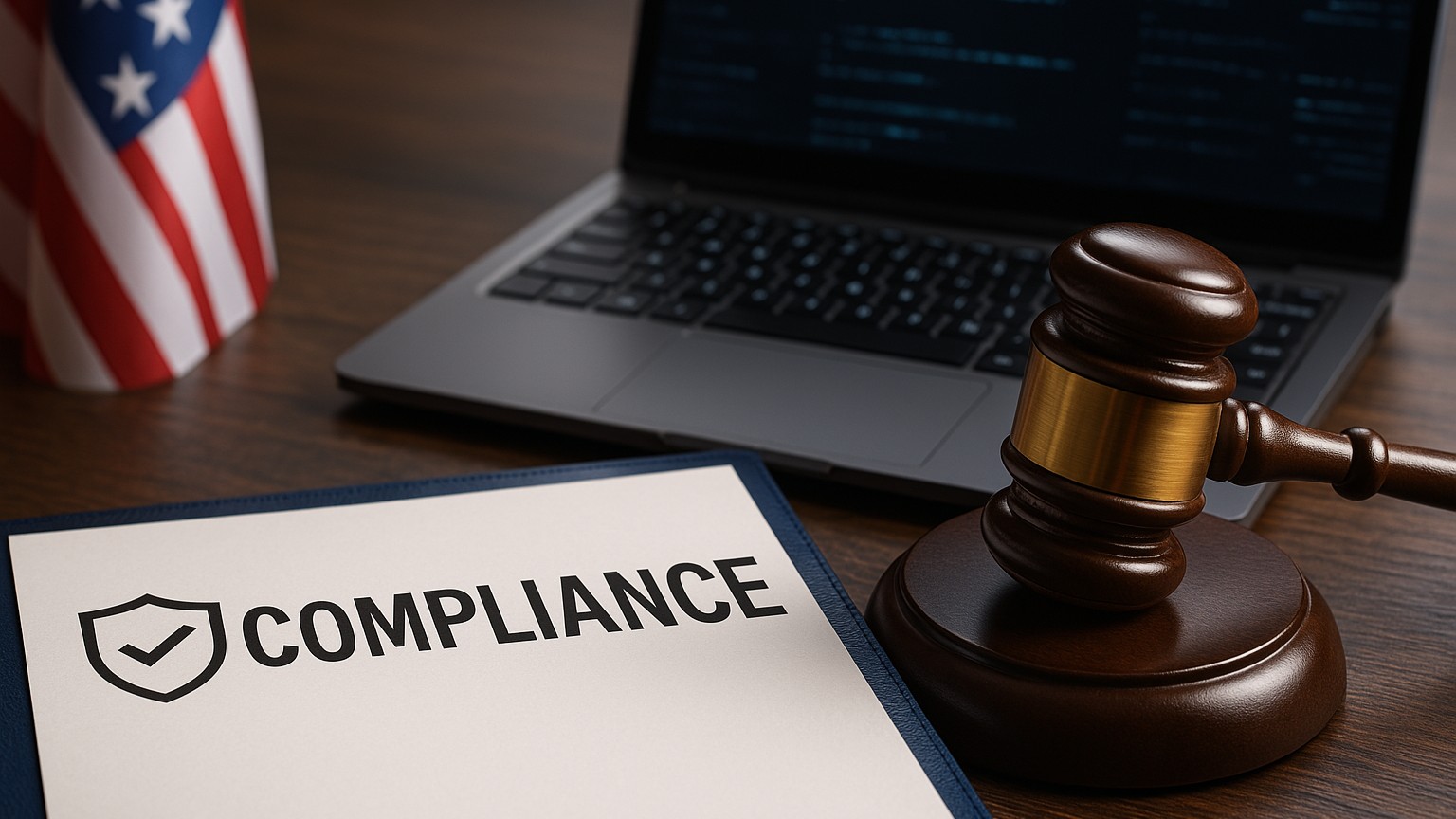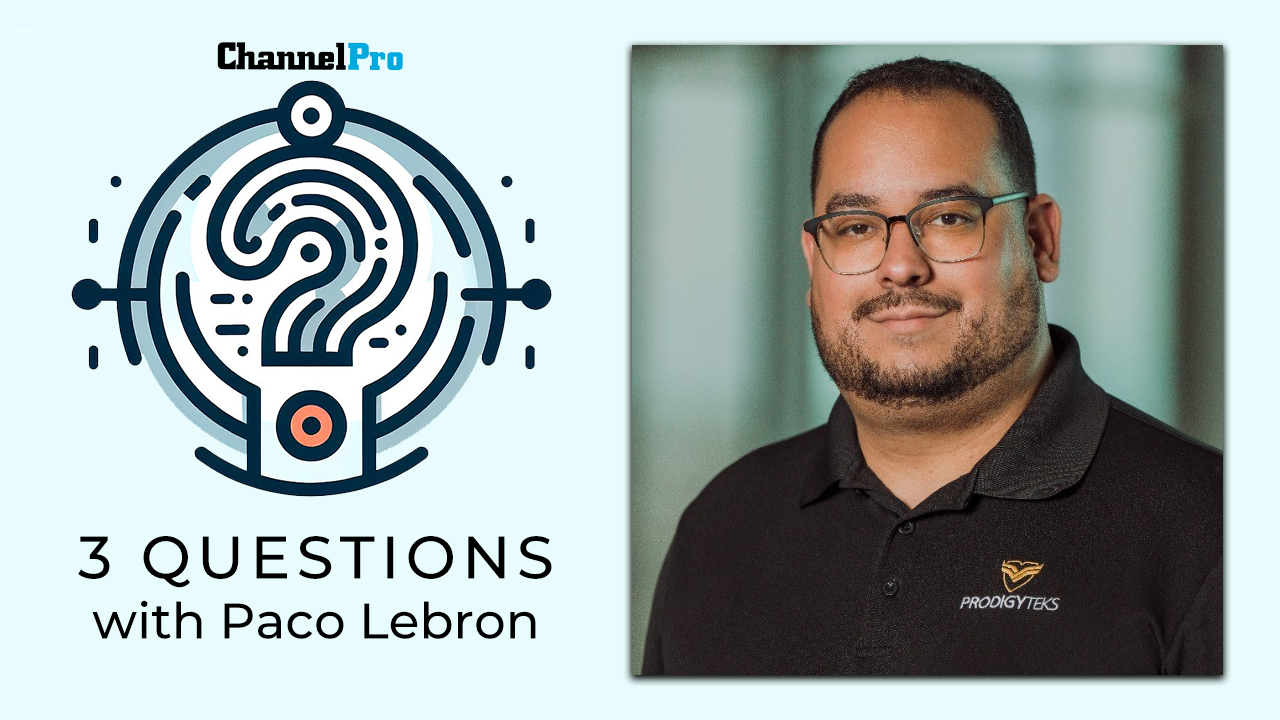This is a very common question from the MSPs I work with. Many service providers also are small businesses so people wear many hats.
For example, for a business with two partners to function well, one partner should focus on sales, big picture strategy, and overall growth, while the other should focus on service delivery and operations. Some would call this the visionary/integrator model.
Let’s assume your partner is in that integrator seat (delivery and operations). In a small company, the integrator is the de facto HR director. This is just one hat among many that they wear. The question is which hats they should shed, and at what point to shed them? HR director is a role an owner eventually wants to shed.
Key Responsibilities
What is the HR director’s job?
- To protect the company, helping limit legal exposure and maximize profitability.
- To assist and advocate for employees, and make the company a great place to work — without compromising point No. 1.
In an MSP, the integrator’s responsibilities of overseeing service delivery and monitoring finances usually take precedence over concerns about corporate liability or care of employees, particularly when the company has grown beyond startup mode. That’s natural, but it can become a concern.

Dave Cava
Most MSP owners have no formal HR training. They don’t know federal or state employment law well, and they usually aren’t quick to consult an employment attorney on things they don’t know. This can lead to making mistakes in company policy. More likely, it leads to the lack of company policy on key matters that will eventually rear their head in a growing business.
Owners often don’t know overtime laws, or what constitutes harassment, what questions not to ask in an interview, or what to do when an employee develops a long-term health problem. Once you have a specific situation in front of you, it’s too late to develop a policy or go back and undo what led to the issue.
The other thing to consider is that it is not uncommon for conflicts to occur between employees and owners. An owner cannot mediate their own conflict, and they cannot serve as a third-party outlet for an employee. An HR Director can serve as a buffer and empathize with employees in a way an owner just can’t if the problem involves them.
Protecting Your Business
If you are at a point where some of these concerns seem relevant, but not at a point where you can afford a full-time HR person, using an outsourced HR company or PEO might be a good first step in the right direction. It is their job to know employment law, to help you develop an employee handbook, and to be available for questions you may have.
Once you’ve built a business worth protecting, you need to protect it.
Dave Cava is co-owner of Encore Strategic, a company focused on helping MSPs profit, grow, and exit. He previously co-owned Proactive Technologies, which made the Inc 5000 seven times between its inception in 2007 until its acquisition in 2019. He also is the co-author of “The Pumpkin Plan for Managed Service Providers.” Learn more interesting facts about Cava at channelWise.
Read more Ask the Experts columns here.
Have a question? Email our experts now!
Image: iStock














